Neurodiversity and the Church: Essays on Neurodiverse Theology and Ministry
by Maci Sepp
Last year, a pastor friend and I were discussing neurodiversity and disability in the church. While she was excited about the positive changes she had seen in recent years, she also told me how heartbreaking it was to know that so many of her fellow ministry leaders experienced sadness and shame when they thought they could not accommodate neurodivergent people and people with disabilities. These feelings of inadequacy were usually perpetuated by anxiety over making mistakes and fear of being wrong, and to mine and my friend’s dismay, this often prevented helpful and necessary changes from ever taking place. Shortly thereafter, I was visiting a church and inquiring about how they ministered to their neurodiverse congregation. Almost embarrassed by the simplicity of their answer, they said it began with the basic question of asking their neurodivergent congregants, congregants with disabilities, and their families what they needed. From there, the church gathered their responses and, with their guidance, started adapting their services, adding more programming, and becoming more aware of the neurodiversity and disability in their everyday church life. Even more incredible, others from outside the church community started hearing about the changes that were happening and decided to flock to them.
Though these two stories had very different outcomes, they both give me a sense of hope. From the second story, I am encouraged to know that being more inclusive and helping people belong can start with such a simple question. I am also delighted to see what the power of recognition – of noticing someone and asking them what they need – has the potential to do. The first story also gives me hope in knowing the reason that changes are not happening is not necessarily because of a lack of compassion. My greatest fear is that churches are indifferent, but listening to my friend and others in ministry, there is still a significant amount of empathy. Their biggest hurdle is not a mountain of indifference; rather, they just do not know where to begin.
The following essays are meant to be just that: a starting point. This spring, I had the privilege of participating in the first course on neurodiversity at Princeton Seminary titled, “Educational Ministry and Neurodiversity.” It is this course that set the foundation on which these essays are based. The purpose of these essays is to provide helpful tools and skills for doing ministry with the neurodivergent conditions discussed in the course: learning disabilities, ADHD, autism, and intellectual disabilities.[1] These essays contain content from the weekly readings, videos, and discussions, as well as anecdotes from my own encounters with neurodiversity in the classroom and in ministry settings. After introducing these neurodivergent conditions, giving general background information for each, and sharing my reflections, I then suggest practical ideas for leaders and educators in ministry to consider as they go forth serving neurodiverse communities.
Though I myself am not neurodivergent, I have taught, learned alongside, ministered to, lived amongst, and communed with neurodivergent individuals and groups. Still, I cannot personally speak to the unique strengths and challenges that neurodivergent people face, nor do I wish to do so in these essays. This work acts as simply a starting point, one that will lead to ministry by, for, and about neurodivergent people and neurodiverse communities. Like many theologians whom I admire and aspire to reflect, my hope is that the Church does not end at the basic inclusion of neurodiversity and, instead, can move beyond inclusion and towards the radical belonging and leadership of neurodivergent people.[2]
Maci Sepp is an M.Div. graduate of Princeton Theological Seminary. Her research interests include disability studies and disability theology, adoption ethics, and intersectionality.
[1] These essays are based on the definition of neurodiversity as provided by Thomas Armstrong, Neurodiversity in the Classroom: Strength-Based Strategies to Help Students with Special Needs Succeed in School and Life (Alexandria: ASCD, 2012), which acknowledges neurodivergent development to be a normal human difference, one that should be recognized and respected. I also use Armstrong’s text as a basis for how I define learning disabilities, ADHD, autism, and intellectual disabilities and as a starting point for applying classroom strategies to ministry settings.
[2] See for instance, John Swinton, “From Inclusion to Belonging: A Practical Theology of Community, Disability and Humanness,” Journal of Religion, Disability & Health 16 no. 2 (2012), and Erin Raffety, “From Inclusion to Leadership: Disabled “Misfitting” in Congregational Ministry,” Theology Today 77 no. 2 (July 4, 2020): 198-209.


